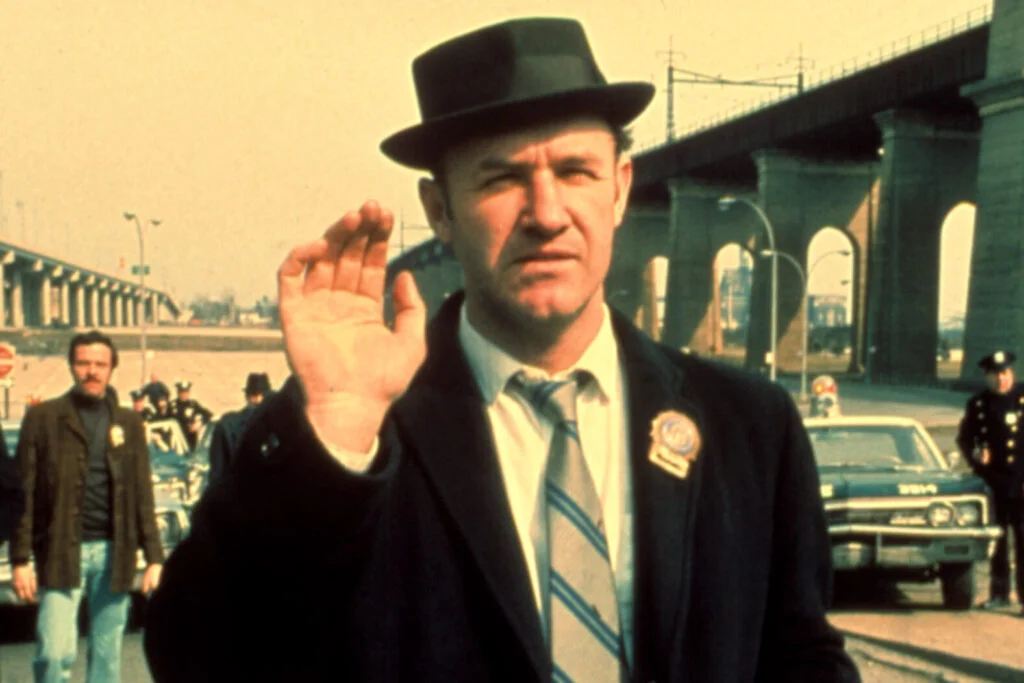Remember when movie stars didn’t need to shout to get your attention? The 1970s gave us a golden era of actors who understood that true power comes from within—a raised eyebrow, a knowing glance, or a perfectly timed pause could say more than any screaming match. These performers possessed that rare quality we call “screen presence,” an almost magnetic force that drew you in and held you captive without them ever breaking a sweat.
1. Robert Redford
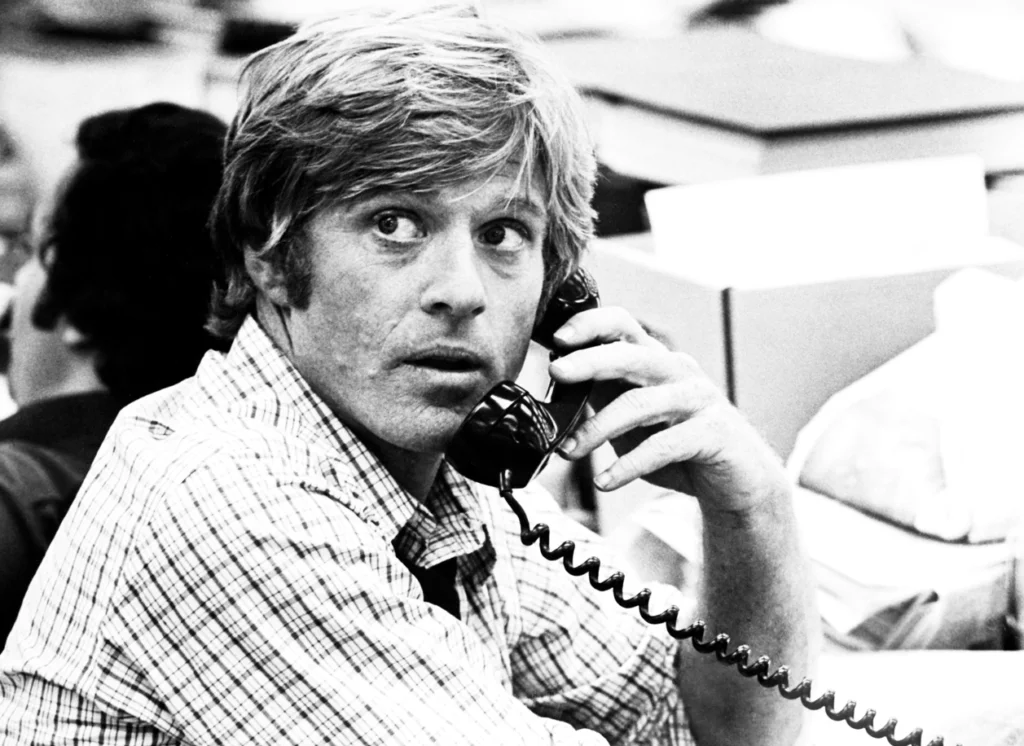
Redford had this way of making every role look effortless, like he’d just strolled off a tennis court and onto a movie set. Whether he was playing the charming con man in “The Sting” or the determined reporter in “All the President’s Men,” he never seemed to be trying too hard—and that’s exactly what made him so compelling. There was something almost aristocratic about his bearing, a quiet confidence that suggested he knew secrets the rest of us could only guess at. IMDb also shines a worthy light on Redford’s philanthropic efforts, as he uses this platform for good.
His piercing blue eyes could convey volumes without a single word, and that slight smile of his always seemed to hint at some private joke. You got the feeling that Redford was the kind of guy who could walk into any room—from a boardroom to a honky-tonk—and immediately become the most interesting person there. He made looking good and being cool seem like the most natural thing in the world, which, let’s face it, made the rest of us mere mortals a little envious.
2. Gene Hackman
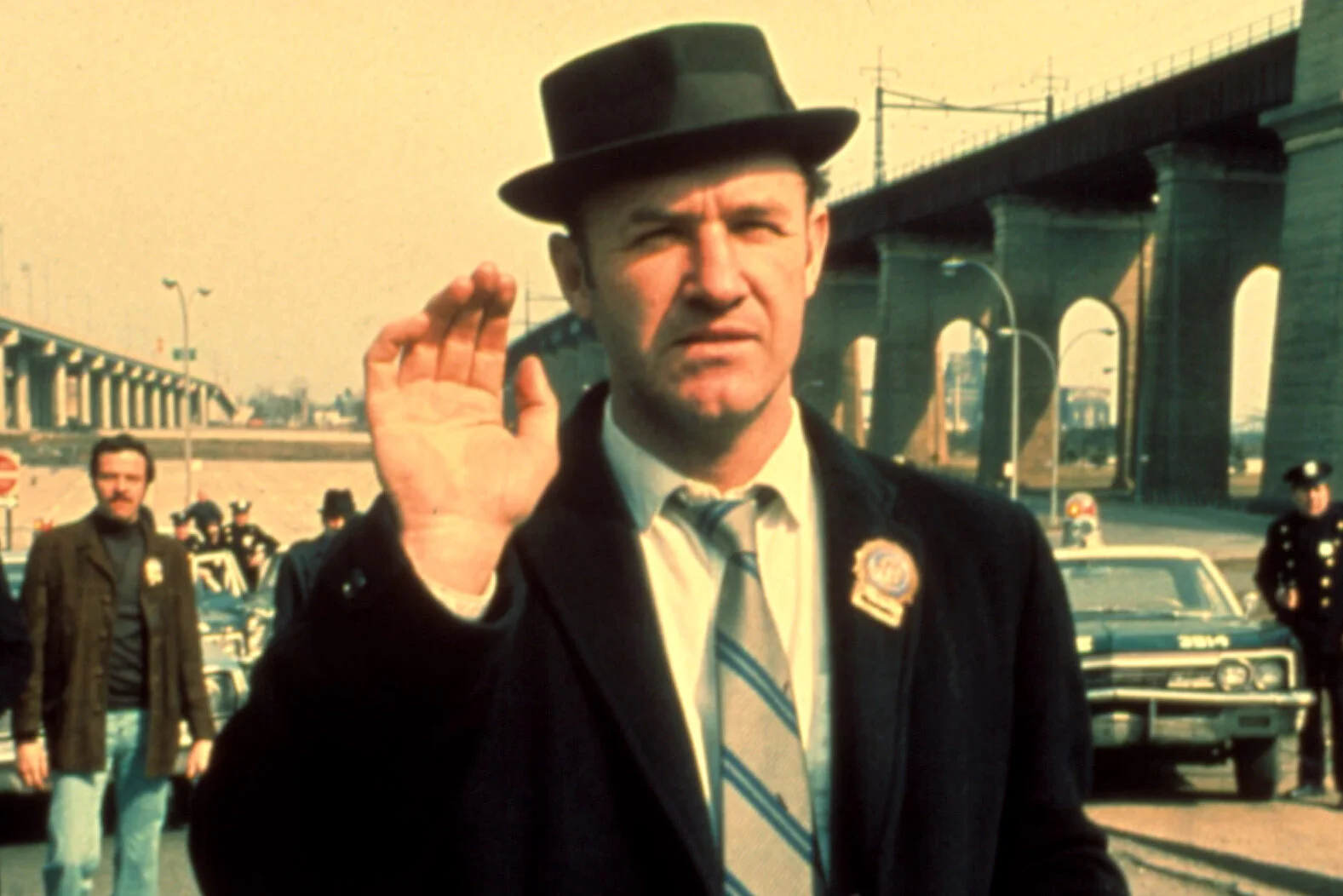
Hackman possessed this remarkable ability to be both everyman and extraordinary at the same time. In “The French Connection,” he played Popeye Doyle with such gritty authenticity that you forgot you were watching an actor—this was just a real cop doing his job, obsessive and flawed and absolutely relentless. There was nothing pretty about Hackman’s screen presence; it was all substance, like a well-worn leather jacket that’s seen some living. It’s hard to pick a favorite movie, but Rolling Stone has a list of must-see Hackman movies.
What made Hackman so captivating was his unpredictability—you never quite knew which way his character might turn next. He could be menacing without being melodramatic, vulnerable without being weak, and intelligent without being condescending. That gravelly voice of his carried the weight of experience, and when he fixed those sharp eyes on someone, you could practically feel the intensity radiating through the screen.
3. Al Pacino
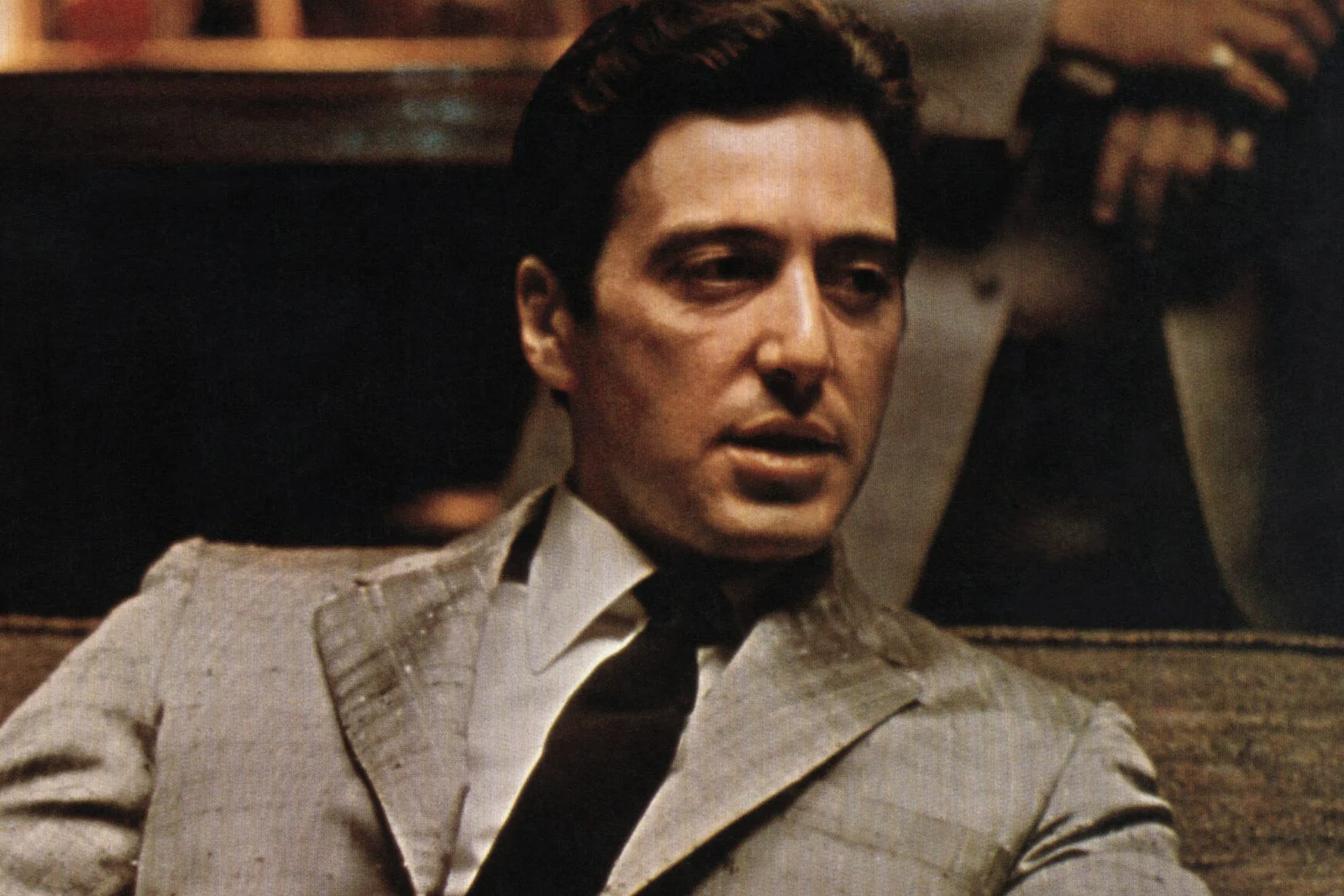
Before Pacino became known for his more explosive performances, he had this incredible quiet intensity that could make your skin crawl. In the early “Godfather” films, Michael Corleone’s transformation from war hero to ruthless don happened in those silent moments—the way his eyes would harden, how his jaw would set, the almost imperceptible shift in his posture. Pacino understood that the most terrifying villains are the ones who never have to raise their voice to make you afraid. Screen Rant names a handful of movies that positively define Pacino’s career.
There was something deeply unsettling about young Pacino’s stillness, like watching a coiled spring that might release at any moment. He had this habit of speaking barely above a whisper, forcing audiences to lean in and hang on every word. His Michael Corleone proved that sometimes the scariest thing an actor can do is absolutely nothing—just stand there and let the weight of unspoken threats fill the silence.
4. Jack Nicholson
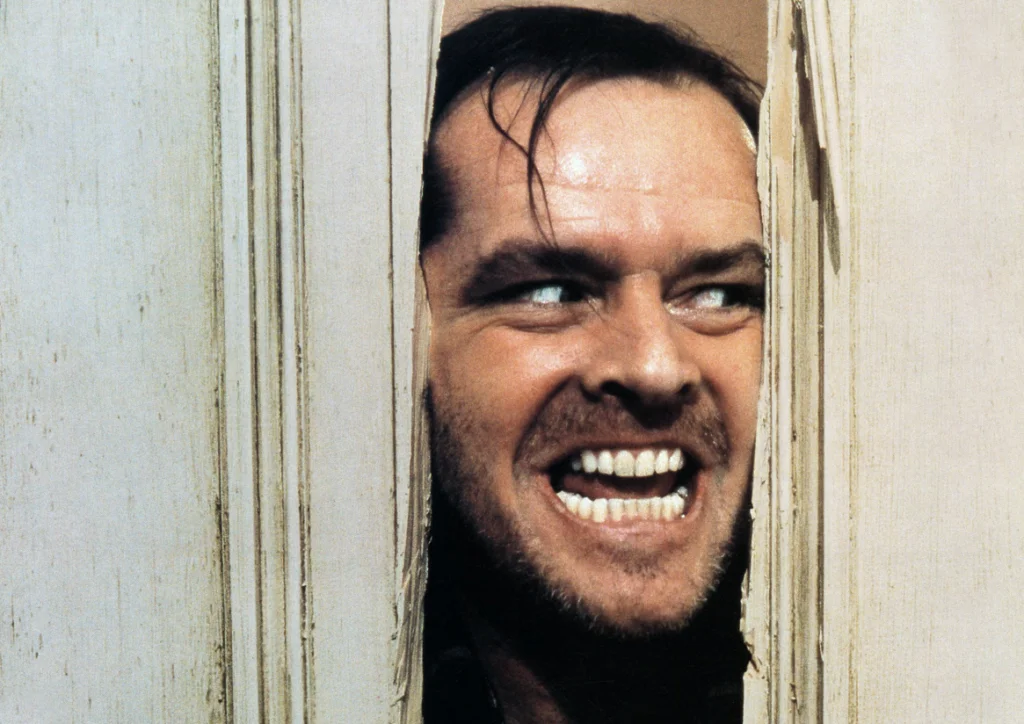
Nicholson’s secret weapon was that devilish grin that suggested he was always in on some cosmic joke that nobody else understood. Even in his most menacing roles, there was this playful quality about him, like he was having the time of his life being the bad guy. That arched eyebrow of his became as iconic as any prop—it could convey amusement, skepticism, or pure mischief, often all at the same time.
What made Jack so magnetic was his unpredictability; you never knew whether he was going to charm you or unnerve you, and often he managed to do both simultaneously. He had this way of making even the most ordinary dialogue sound loaded with subtext, as if every word carried some hidden meaning. Watching Nicholson was like watching a master chess player—you knew he was always thinking several moves ahead, and that knowing smile suggested he’d already won the game.
5. Robert De Niro
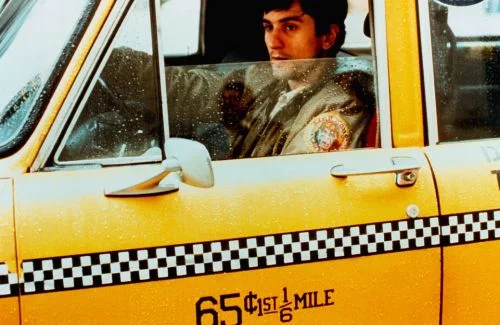
De Niro brought this method actor intensity that was almost hypnotic to watch. In “Taxi Driver,” Travis Bickle’s descent into madness happened gradually, with De Niro using tiny gestures and facial expressions to show us a man slowly coming apart at the seams. There was something deeply unsettling about how normal he could make the abnormal seem, how he could make you understand—if not sympathize with—characters who probably belonged in therapy or behind bars.
His preparation for roles was legendary, and it showed in every moment on screen—there was never a false note, never a moment where you caught him “acting.” De Niro had this way of inhabiting a character so completely that you forgot Robert De Niro existed; there was only the character, breathing and thinking and scheming right there in front of you. That commitment to authenticity gave his performances a weight and gravity that few actors could match.
6. Dustin Hoffman
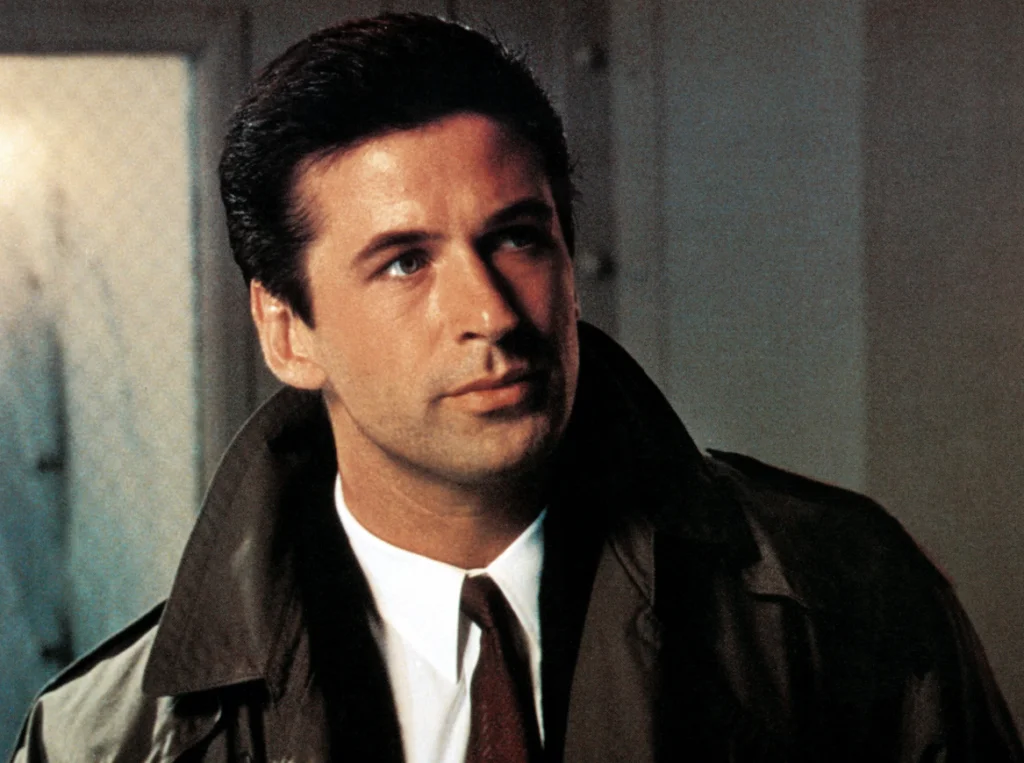
Hoffman proved that you didn’t need to be traditionally handsome or physically imposing to own every scene you were in. In “The Graduate,” he played Benjamin Braddock with such perfect awkwardness that every uncomfortable silence felt like a knife twist, and every stuttered line revealed volumes about the character’s inner turmoil. Hoffman had this gift for making neurosis seem not just relatable but somehow noble.
What made Hoffman so compelling was his ability to find the humanity in every character, no matter how flawed or confused they might be. He never played victims as weaklings or heroes as perfect—instead, he showed us real people struggling with real problems, and somehow made those struggles feel universal. That slight build and those expressive eyes could convey more vulnerability and strength than most actors could manage with a full arsenal of dramatic techniques.
7. James Caan
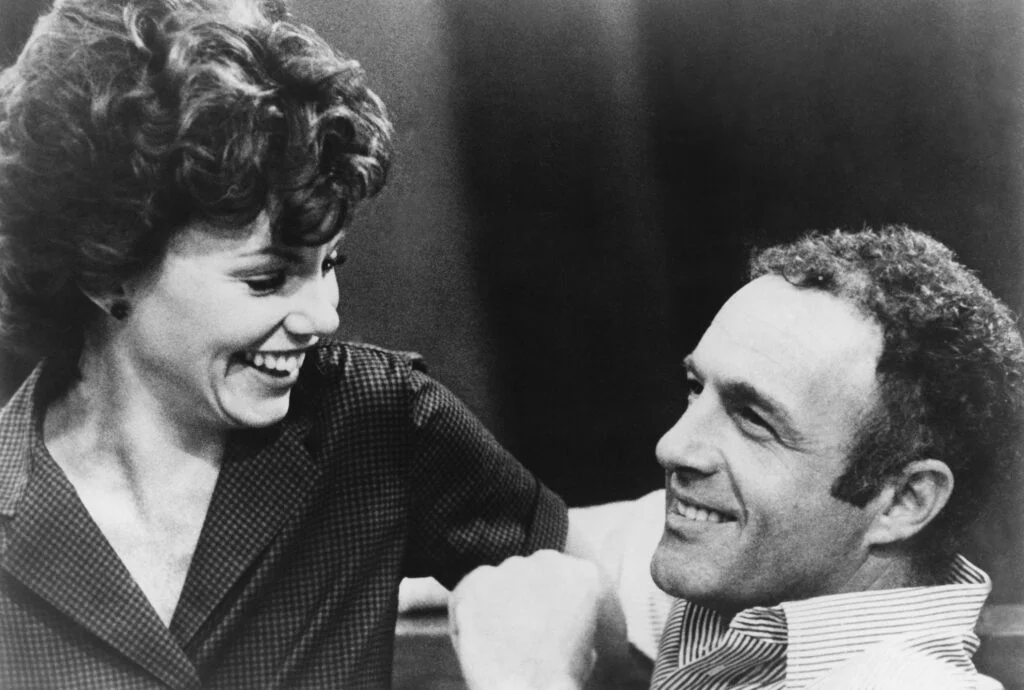
Caan brought this working-class authenticity to every role that made him feel like someone you might have grown up with in your neighborhood. As Sonny Corleone, he showed us a man driven by passion rather than calculation, and even when Sonny was making terrible decisions, you understood exactly why he was making them. There was something refreshingly honest about Caan’s performances—no pretense, no artifice, just raw emotion and genuine feeling.
His screen presence was like watching a live wire—you never knew when he might spark, but you couldn’t look away. Caan had this gift for making every line sound like he’d just thought of it, like the words were coming straight from his heart rather than from a script. That combination of toughness and sensitivity made him the kind of actor who could break your heart one moment and make you cheer the next.
8. Donald Sutherland
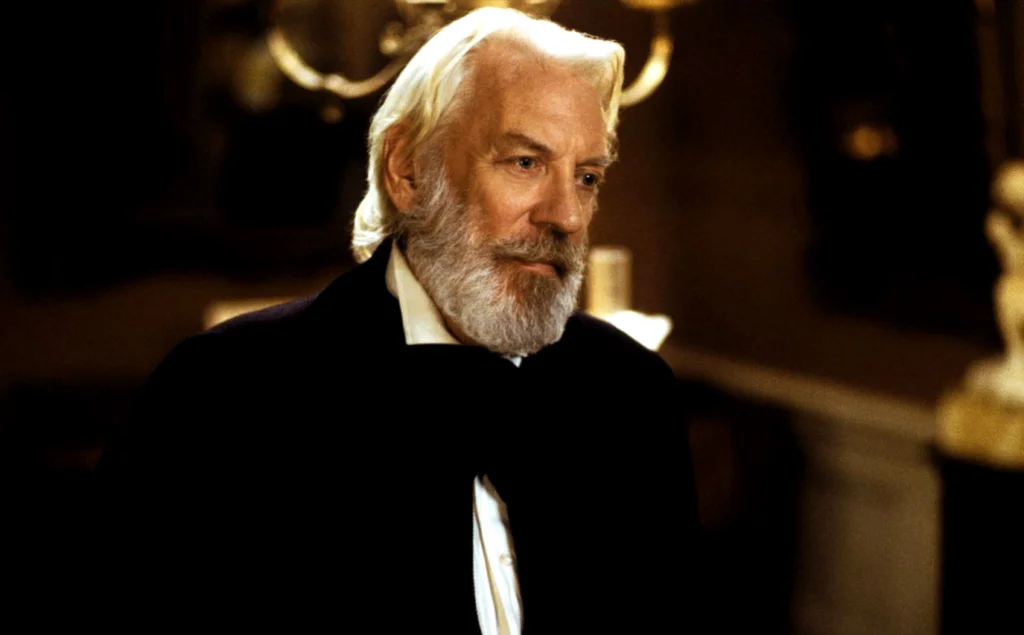
Sutherland possessed this otherworldly quality that made him perfect for the paranoid thrillers and conspiracy films that defined much of ’70s cinema. In movies like “Klute” and “Don’t Look Now,” he brought this haunted, almost ethereal presence that suggested someone carrying invisible burdens. Those pale eyes of his seemed to see things that others missed, and that slight Canadian accent gave even his most ordinary dialogue an air of mystery.
What made Sutherland so fascinating was his ability to seem both completely present and somehow distant at the same time. He could convey intelligence without arrogance, sensitivity without weakness, and confusion without stupidity. There was something deeply human about his performances, as if he understood that life rarely provides clear answers and that sometimes the best we can do is muddle through with whatever grace we can manage.
9. Warren Beatty

Beatty had this golden boy charm that could make even his most morally questionable characters seem sympathetic. In “Bonnie and Clyde,” Clyde Barrow was a bank robber and killer, but Beatty played him with such boyish enthusiasm that you found yourself rooting for him anyway. There was something almost innocent about Beatty’s screen presence, as if his characters were surprised to find themselves in the situations they’d created.
That movie-star handsome face could shift between vulnerability and confidence in the space of a single scene, and Beatty used those transitions to create characters who felt genuinely complex. He never played heroes as perfect or villains as completely irredeemable—instead, he showed us people trying to figure out life as they went along, making mistakes and learning from them. His performances had this quality of spontaneity that made every scene feel fresh and unpredictable.
10. Elliott Gould
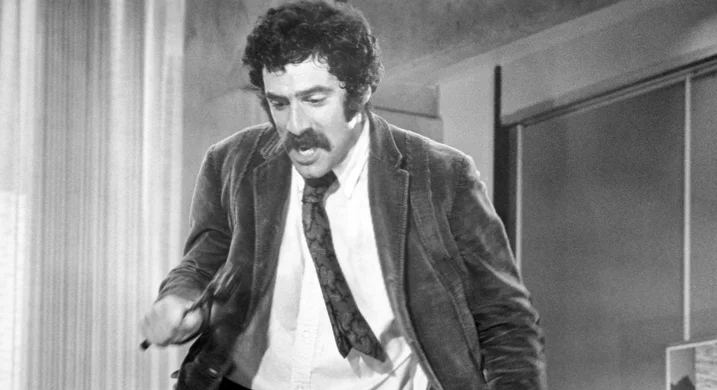
Gould brought this rumpled, neurotic energy to his roles that perfectly captured the anxious spirit of the ’70s. Whether he was playing the paranoid gambler in “California Split” or the cynical detective in “The Long Goodbye,” he always seemed slightly off-balance, like someone trying to navigate a world that didn’t quite make sense anymore. That hangdog expression and those soulful eyes made him the perfect everyman for an era when everyone felt a little lost.
What made Gould so relatable was his willingness to look foolish or vulnerable on screen—he never tried to make his characters cooler or smarter than they actually were. Instead, he embraced their flaws and insecurities, turning weakness into a kind of strength. His mumbly delivery and self-deprecating manner made him feel like that friend we all had who was too smart for his own good but couldn’t quite figure out how to make that intelligence work for him.
11. Ryan O’Neal
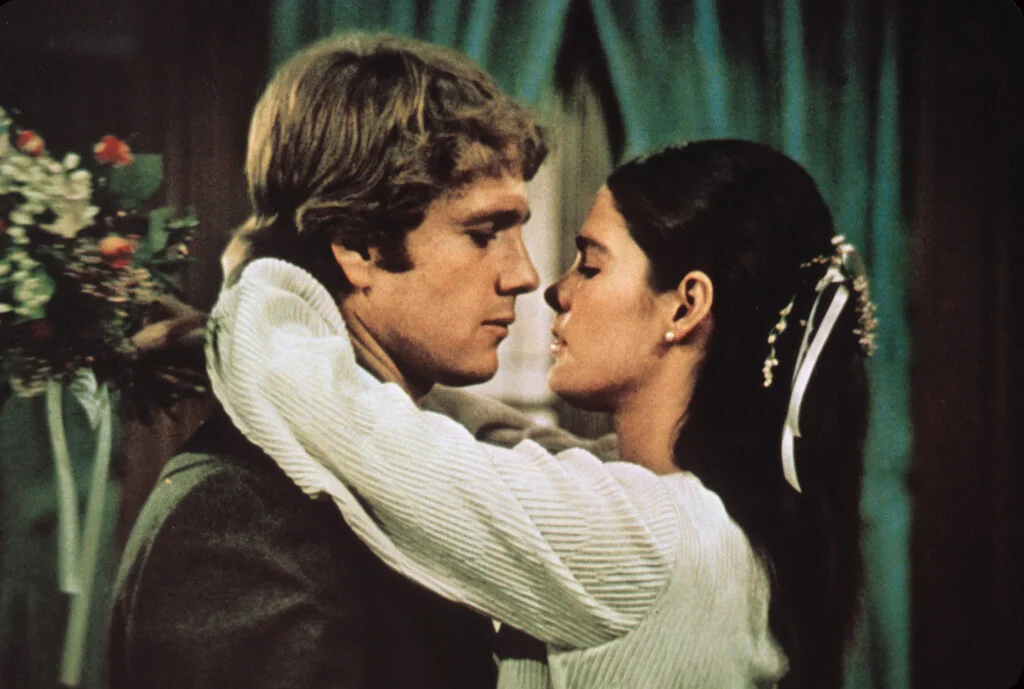
O’Neal possessed this golden, almost ethereal beauty that made him perfect for romantic dramas, but there was always something slightly melancholy beneath that pretty surface. In “Love Story,” he played Oliver Barrett IV with just the right combination of privilege and vulnerability, showing us a young man discovering that money can’t protect you from life’s real challenges. That all-American handsomeness came with a price—there was always a sense that his characters were aware of their own beauty and slightly burdened by it.
His best performances revealed the complexity hiding behind that perfect face—the doubt, the fear, the desperate need to prove himself worthy of the love he’d been given. O’Neal understood that being beautiful could be its own kind of prison, and he used that understanding to create characters who felt real despite their almost mythological good looks. When he smiled, you believed it; when he cried, you felt it; and when he loved, you understood why someone would love him back.
12. Richard Dreyfuss
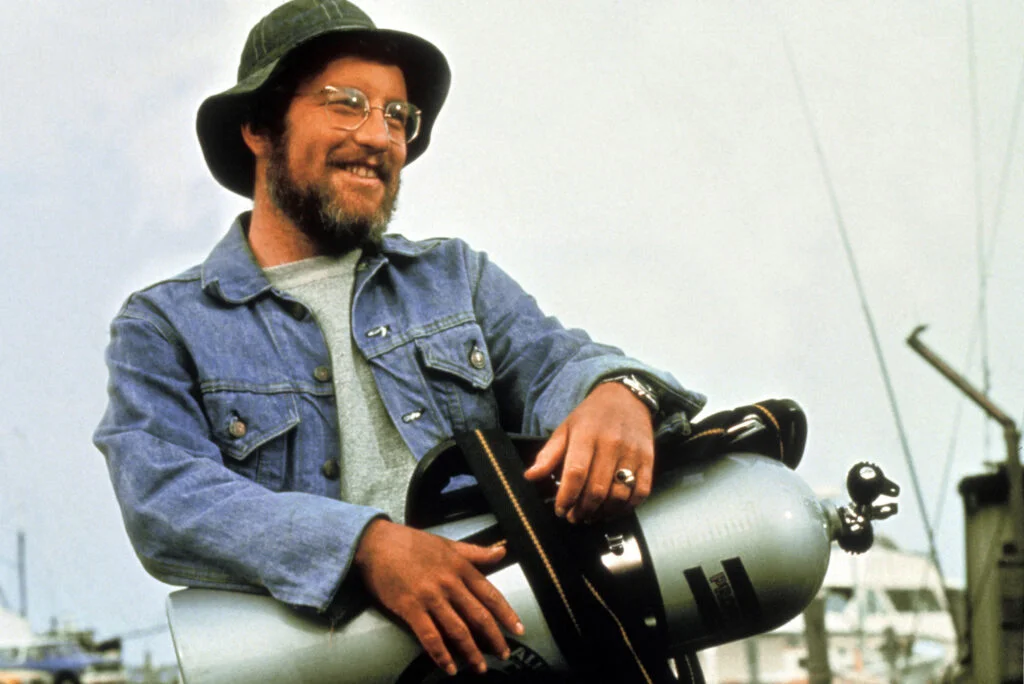
Dreyfuss brought this nervous energy and rapid-fire intelligence to his roles that made him feel like the smartest guy in any room—and someone who was painfully aware of that fact. In “The Goodbye Girl” and “Jaws,” he played characters who were driven by passion and curiosity, people who couldn’t help but dig deeper even when common sense suggested they should leave well enough alone. That compact frame and those intense eyes suggested someone with more ideas than he knew what to do with.
What made Dreyfuss so compelling was his ability to make intellectualism seem exciting rather than dry or pretentious. His characters were thinkers, but they were also feelers—people who used their minds and hearts in equal measure. That slight lisp and rapid delivery gave his dialogue a sense of urgency, as if every word mattered and there wasn’t enough time to say everything that needed to be said.
The magic of these performers wasn’t in what they did—it was in what they didn’t need to do. They understood that confidence whispers while insecurity shouts, and they trusted their audiences to lean in and listen. In our current age of bigger, louder, and more explosive entertainment, there’s something deeply refreshing about remembering when star power was measured not in decibels but in presence, not in spectacle but in truth.

